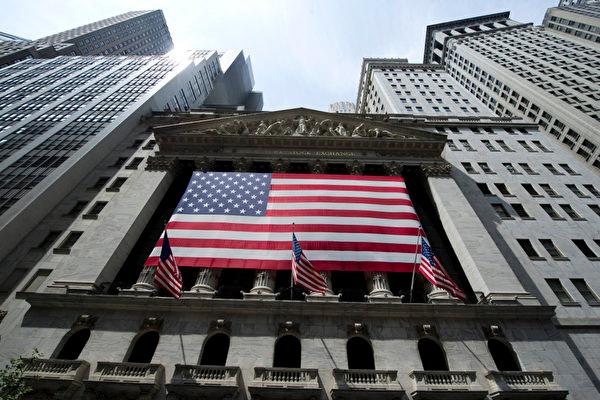Growing distrust of the Chinese regime over how it has handled the virus outbreak should prompt Wall Street to rethink its dealings with China, hedge fund manager Kyle Bass says.
Beijing’s coverup of the epidemic in China, underreporting of infection and death toll figures, and disinformation campaign aimed at deflecting blame for the pandemic have sparked anger across all levels of society.





